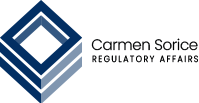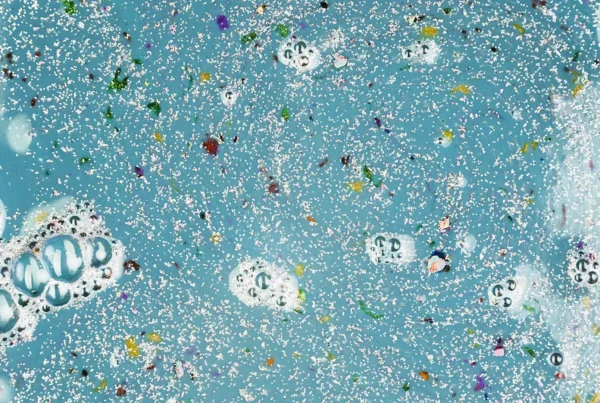The European Parliament (EP) voted on January 17 in favour of a new directive that aims to combat greenwashing by putting an end to misleading environmental claims and improving product labeling for consumers. This initiative represents an important step forward in the fight against unfair trading practices and promotes greater transparency and sustainability in the market.
Below the details of this new directive, its implications for businesses and consumers, and the importance of authentic communication about products’ environmental credentials.
What is Greenwashing?
Greenwashing is a deceptive business practice in which a company presents itself as more environmentally responsible than it actually is. This may include the use of vague, unregulated terms such as “natural”, “biodegradable” or “eco-friendly” without concrete evidence to support such claims.
New Directive of European Parliament
 The European Parliament has given the definitive green light to a directive that modifies the previous Directive (EC) no. 29/2005 relating to unfair commercial practices between businesses and consumers. The new legislation aims to eliminate generic and misleading environmental declarations, allowing only the use of sustainability labels based on certification schemes recognized and approved by public authorities. It also introduces greater visibility of warranty information and a new warranty extension label.
The European Parliament has given the definitive green light to a directive that modifies the previous Directive (EC) no. 29/2005 relating to unfair commercial practices between businesses and consumers. The new legislation aims to eliminate generic and misleading environmental declarations, allowing only the use of sustainability labels based on certification schemes recognized and approved by public authorities. It also introduces greater visibility of warranty information and a new warranty extension label.
Implications for Companies
Companies will need to adapt to these new rules, avoiding the use of ambiguous terminologies and ensuring that any environmental claims are supported by concrete evidence and reliable certifications. This will require a closer examination of their marketing practices and perhaps even changes to production processes to ensure compliance and authenticity in environmental communications.
Benefits for Consumers
Consumers will benefit from greater transparency and reliability in labels and advertisements, allowed them to make more informed and sustainable choices. They will be able to distinguish more easily genuine sustainable products from those that make false environmental claims, thereby promoting more responsible consumption.
Conclusions and Next Steps
The new directive represents an important milestone in the fight against greenwashing and in promoting more ethical and sustainable business practices. After final approval by the Council, Member States will have 24 months to implement the Directive in national law, marking a significant change in the way products are marketed and perceived in Europe.
The adoption of this law underlines the importance of authentic and responsible communication regarding the environmental credentials of products, offering consumers the information they need to make informed choices and supporting companies that are truly committed to a greener future. This directive marks a step towards a more transparent, ethical and sustainable market, where the value of sustainability is recognised and rewarded by both consumers and companies.



